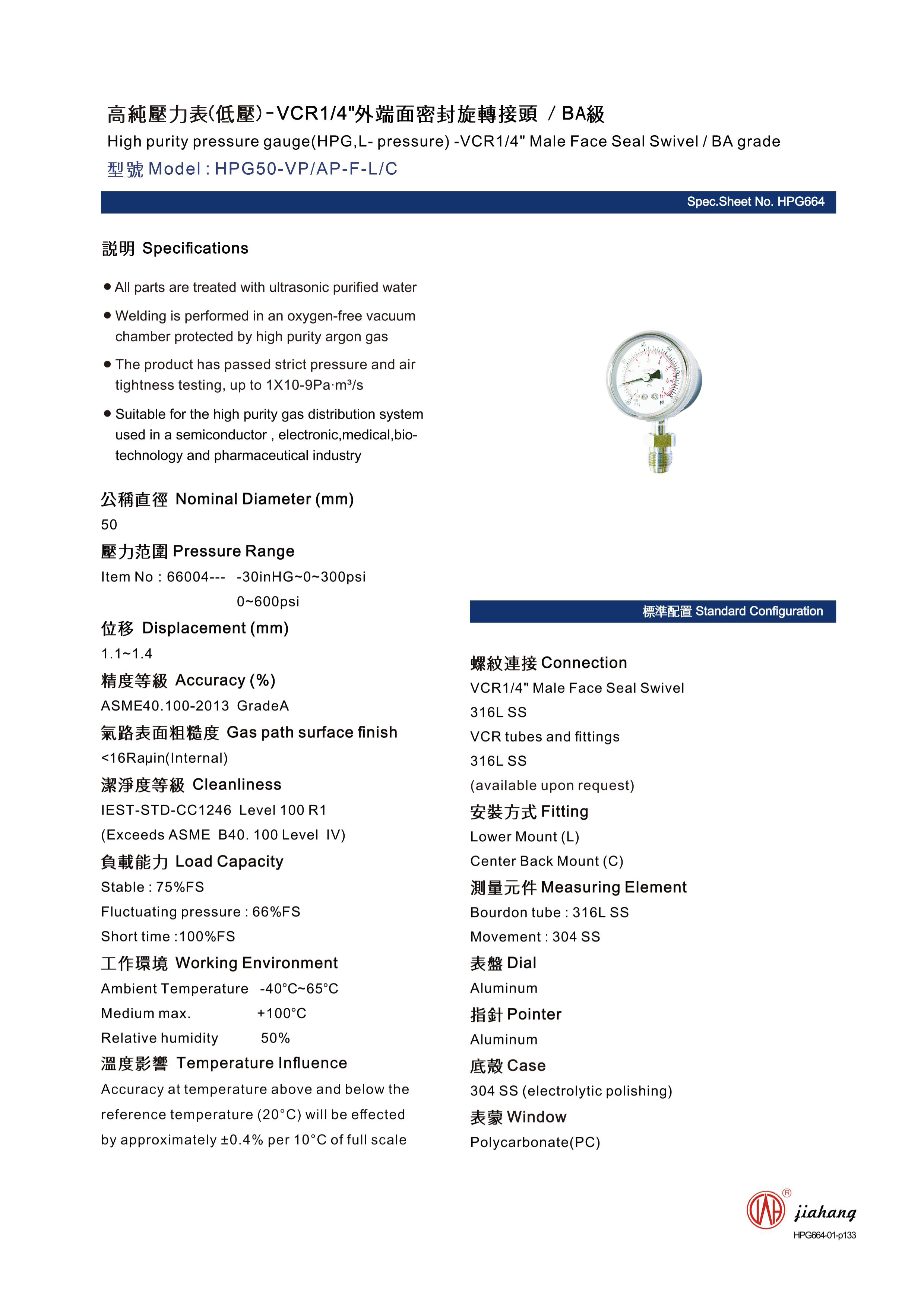
Oct . 04, 2024 11:10 Back to list
differential pressure gauge types service
Differential Pressure Gauge Types and Their Applications
Differential pressure gauges are essential instruments used in various industrial applications to measure the difference in pressure between two points. These gauges are crucial in monitoring the performance of systems such as filtration, flow measurement, and level detection. Understanding the different types of differential pressure gauges and their specific services can significantly enhance operational efficiency and safety in industrial processes.
There are several types of differential pressure gauges, each designed to suit specific requirements and environments. The most common types include mechanical gauges, electronic gauges, and digital gauges.
Mechanical Differential Pressure Gauges These traditional gauges utilize a diaphragm or bourdon tube to measure pressure differences. As the pressure varies, the diaphragm deflects, driving a pointer across a calibrated scale. Mechanical gauges are robust and do not require an external power source, making them ideal for remote locations or hazardous environments. They are commonly used in HVAC systems, filter monitoring, and liquid level measurements.
differential pressure gauge types service

Electronic Differential Pressure Gauges These gauges use advanced sensor technology to convert pressure differences into an electronic signal. This type allows for more precise measurements and can be integrated with digital systems for data logging and remote monitoring. Electronic gauges are vital in applications requiring high accuracy, such as semiconductor manufacturing, pharmaceutical processes, and environmental monitoring.
Digital Differential Pressure Gauges Combining the benefits of electronic measurement with user-friendly interfaces, digital differential pressure gauges provide clear readouts and often include features such as alarms, data logging, and programmable settings. These gauges are widely used in critical applications like cleanroom environments, gas monitoring, and laboratory settings where maintaining precise pressure differentials is crucial.
The selection of the appropriate differential pressure gauge depends on several factors, including the operating environment, the required accuracy, and the specific application. Considerations such as temperature range, potential exposure to chemicals, and the need for remote monitoring capabilities will guide users in choosing the right type.
In conclusion, differential pressure gauges are vital instruments in numerous industrial applications. By understanding the various types and their services, businesses can select the most suitable gauge to optimize their operations, enhance safety, and ensure compliance with industry standards. As technology continues to evolve, the capabilities of differential pressure measurement systems will become even more advanced, offering greater reliability and efficiency in various fields.
-
High-Precision 5 Valve Manifold Differential Pressure Gauge Suppliers
NewsApr.29,2025
-
High-Precision Diaphragm Vacuum Pressure Gauges Manufacturers & Quotes
NewsApr.29,2025
-
Omega Differential Pressure Gauges High Accuracy & Durability
NewsApr.28,2025
-
Low Pressure Differential Pressure Gauges Precision Solutions & Quotes
NewsApr.28,2025
-
Digital Diaphragm Pressure Gaauge Precision Measurement & OEM Quotes
NewsApr.28,2025
-
Differential Pressure Gauge China Price High-Accuracy & Best Quotes
NewsApr.28,2025
